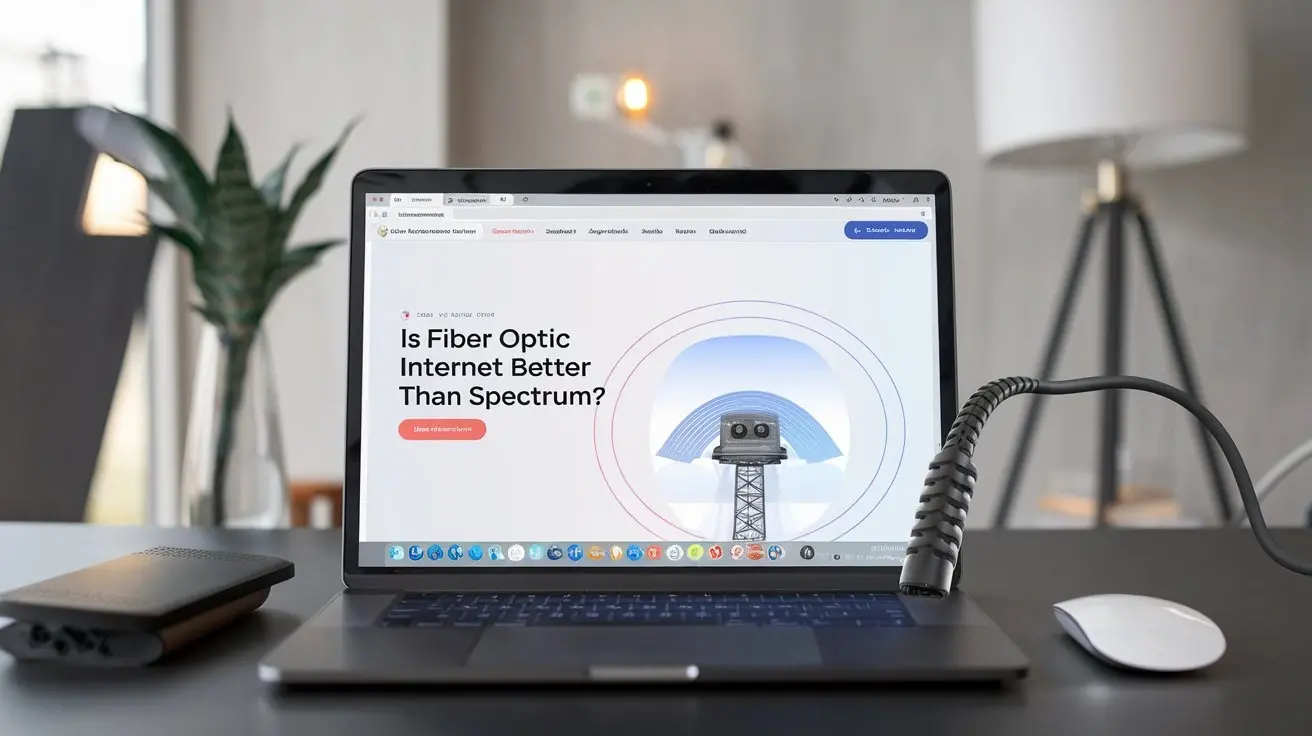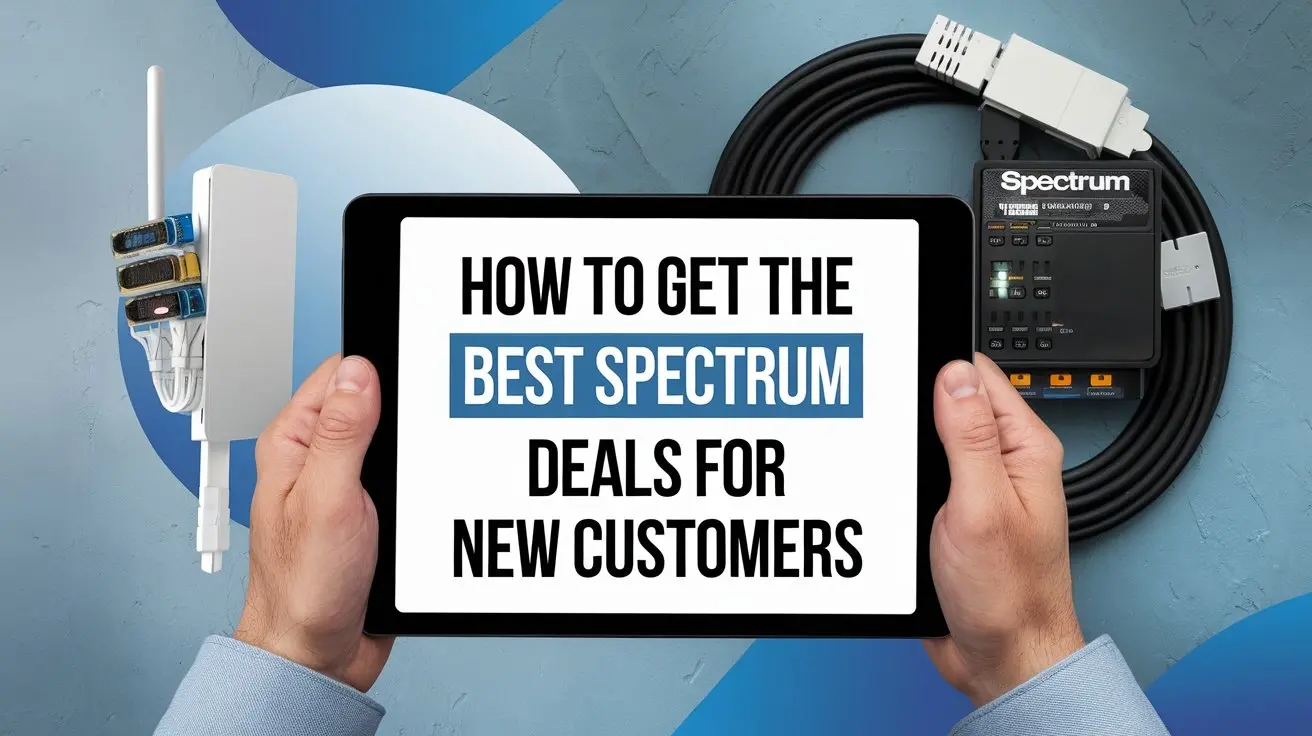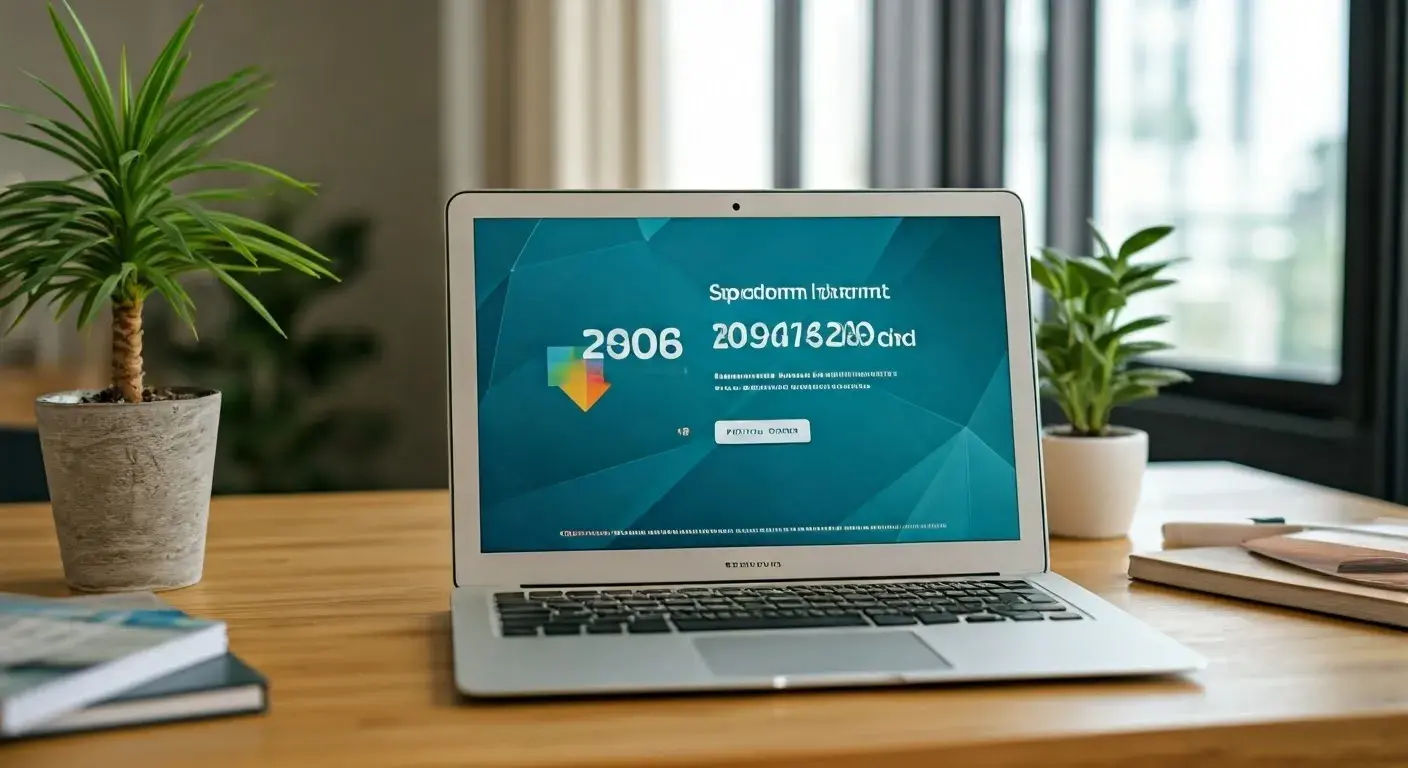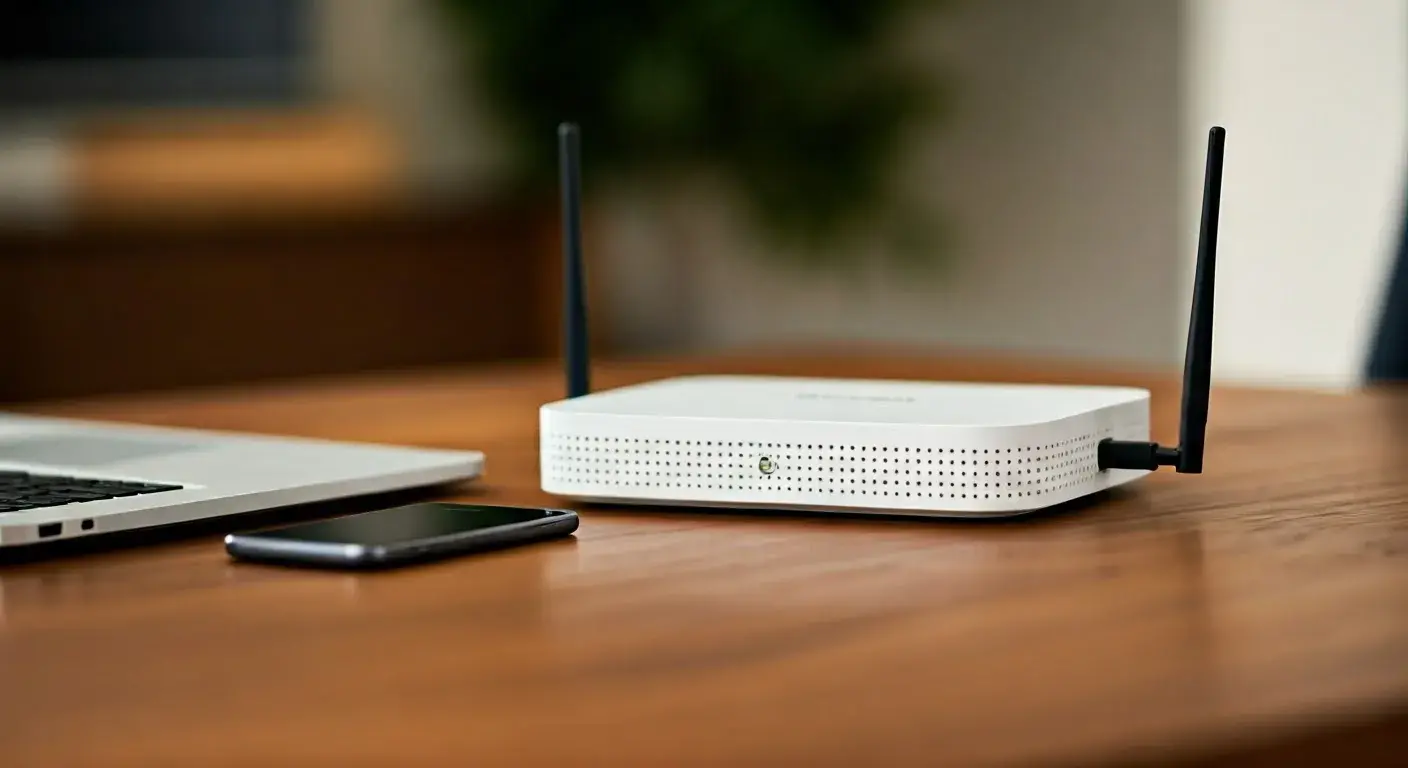Is Fiber Optic Internet Better Than Spectrum?

If you ever feel like changing your internet connection or simply upgrading your current connection, you may be asking if fiber optic internet is better or not even from companies like Spectrum that offer cable internet connections. Broadband internet such as fiber optic internet is today more easily accessible than in the past as companies undertake the fiber optic internalization. The question then arises as to whether this should be done if fiber is an option in the first place.
What is Fiber Optic Internet?
Fiber optic internet is delivered through fiber optic cables which are composed of strands of either glass or plastic. Instead of electrical impulses these cables employ light impulses to transfer data at much lightning-fast speeds and higher reliability.
Since the cables are filled with very little metal, fiber internet is not even greatly affected by weather conditions. But fiber doesn’t have to split capacities like cable internet does, so customers can always enjoy consistent Internet speed. A large number of fiber connections are symmetrical; this means that you receive similar high speeds for uploading and downloading.
Fiber Speeds vs Spectrum Speeds
When it comes down to speed, fiber optic internet is a lot faster than even the most premium cable internet connection. The quickest Spectrum plan now accessible has internet download speeds of up to 940 Mbps. Fiber connections can provide identical speed of approximately 2 Gbps or more from some certain companies.
Many current fiber optic providers provide various packages, normally starting at speeds of around 300 Mbps. And whereas the Spectrum company offers a minimum download speed of 200 Mbps. So even the most basic fiber plans offer more throughput than Spectrum’s. It also means that with fiber it is just as fast when uploading files as when downloading and again, this is different from cable internet.
Reliability Differences
Not only does fiber optic internet provide higher speeds than cable internet providers but it also is more reliable. Fiber has less latency rates than most other connections and experience less network congestion problems that tends to hinder connections and affect speed. This leads to reduced outages and interferences or disturbances in the functioning of the intended processes. Fiber equipment is also comparatively less bulky and, typically, has a longer life expectancy than the cables and hardware that control cable systems.
Spectrum depends on coaxial cables that help it deliver data through a network that is common in your community. Thus, so deep neighborhood usage can influence your speeds. Fiber optic internet transmits information to your doorway directly and not subsequently through the internet network hence giving it an ability to always perform well.
Fiber Availability
The drawback is that fiber optic internet is not as widespread as some of the larger cable companies such as Spectrum. Fiber is just the new technology still being deployed hence the transmitting fiber networks are still being established and extended. Spectrum at the present utilizes cable TV infrastructure more to deliver internet to households. A lot of the region continues to get just one or two broadband choices for home: cable or digital subscriber line. Every year more and more consumers get access to fiber internet, although it varies by region.
Which Respondents Provide Fiber Optic Internet?
Some of the major companies installing fiber optic internet networks include:
- Verizon Fios
- AT&T Fiber
- CenturyLink
- Google Fiber
- Metronet
- Ziply Fiber
- Windstream
- Frontier
While major national telecommunications companies compete in the country’s largest cities, fiber optic Internet service is offered by local utilities, municipalities and by regional fiber optics service providers. Currently though, fiber internet is still not as popular or accessible as say Spectrum cable internet in this period in time.
Is Fiber Worth the Cost?
Fiber optic internet tends to be even more expensive per month than cable internet – usually about $20-30 more per month, for the least amount of bandwidth. But you get vastly improved speeds and reliability for that! Wireless gigabit fiber connection to the home at speeds up to 1Gbps costs approximately $100 a month from most ISPs. Well, that puts all Spectrum’s even the fastest offer on the market out of competition in terms of speed.
If high powered uploads and downloads in a given internet usage are key, then the jump up to fiber optic is probably worth it. The price difference shrinks significantly when you go to the next Spectrum speed range, so it’s not such a drastic difference overall. However, for simple internet users who are interested in the prices and not so much in the promotional offers, Spectrum’s lower prices may be more convenient.
Type your zip code to know if it is possible to access fiber optic internet in your area. If fiber is offered in your location, it’s almost always faster and more dependable than cable internet. Even more consumers could soon be able to liberate from their cable providers and the more fiber networks extend further.





